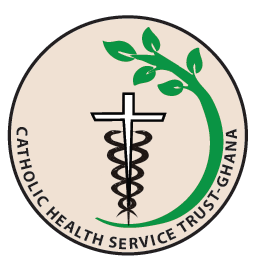 Although the global community has not agreed on the unified definition of substandard and falsified medicines, the WHO however defines it as: “Those medicines that are deliberately or fraudulently mislabeled with respect to identity and source”. In other words falsified medicines:
Although the global community has not agreed on the unified definition of substandard and falsified medicines, the WHO however defines it as: “Those medicines that are deliberately or fraudulently mislabeled with respect to identity and source”. In other words falsified medicines:
Have fake Identity, are mislabeled, are impure, not potent, non-uniform and highly unstable.
The above-stated definition informs the mandate of the Pooled Procurement Programme (PPP) of the National Catholic Health Service (NCHS). The PPP was started in 2011 to among other things ensure the availability of quality medicines at all its health facilities. The Programme (PPP) was to assist the institutions purchase high quality medicines and other non-drug medical supplies at an affordable price. In doing this, the focus was on ensuring availability, cost effectiveness, efficiency of these health commodities are achieved. This was due to the fact that the menace of counterfeit medicines was pervasive in the areas where the NCHS facilities operated.
At the 2017 Annual Retreat for Hospital Managers held at Koforidua, participants were educated on the role of medicines in the health system, characteristics of high quality medicines, factors that affect the quality of medicines, differences between generic, substandard and counterfeit medicines.
Mr. Martin Asambo Asitanga, a Pharmacist at the Mary Theresa Hospital, Dodi Papase, explained to the participants the vital role of medicines in health delivery. He said the availability of medicines save lives and promote public confidence in the health system. Medicines are special products as such they are to be handled by qualified practitioners and distributed through regulated means.
Mr. Asitanga mentioned that medicine is of good quality if it meets internationally accepted pharmacopeia standards used in its manufacture with respect to Identity, Purity, Potency, Uniformity, Stability and Packaging.
Factors affecting the quality of medicines include Direct Input Materials (active ingredients, excipients), Processes (formulation, production/ manufacturing processing, quality control and packaging), Indirect Input Materials (skills level of personnel, production environment, equipment, packaging materials) and Handling & Storage conditions(until its use, each medicine should be stored in the correct storage condition that ensures it maintains its physical and chemical properties with its shelf-life, means of transportation e.g. vaccines must be carried in a cold chain so they require a certain temperature)
